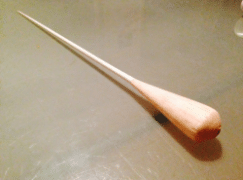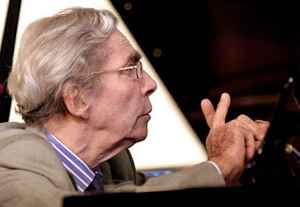What Bernard Haitink did in retirement
NewsHe sent this message to the conductor Semyon Bychkov:
‘My own empty days since I stopped conducting seem to fill up surprisingly easily, there is always something to read or hear. I am indulging my passion for Beethoven quartets at the moment, the scores of the late ones seem as complicated as Mahler 7 to me sometimes. The more I look at these things, the more I realise that I don’t know anything’.
Lovely.







Comments